Biden contradicts South Korean president's remarks, says not discussing joint nuclear drills with Seoul
US President Joe Biden has contradicted earlier remarks made by his South Korean counterpart, Yoon Suk-yeol, that the two countries are mulling joint nuclear exercises, amid simmering tensions with North Korea.
"No," Biden said at the White House on Monday, after being asked by reporters if he was currently discussing such exercises with the South.
Speaking earlier in an interview with the South's Chosun Ilbo newspaper, Yoon had suggested that the US and his country could conduct exercises using Washington's nuclear assets.
"The nuclear weapons belong to the United States, but planning, information sharing, exercises, and training should be jointly conducted by South Korea and the United States," the South Korean president said.
Potential implementation of the exercises would be aimed at more effective deployment of the US' "extended deterrence," he was quoted by the paper as saying. The term "extended deterrence" is used to refer to the ability of the US military, particularly its nuclear forces, to deter attacks on American allies.
The paper also cited the Korean chief executive as alleging that Washington had sounded "quite positive" about the idea.
Seoul: Biden was asked wrong question
Hours after Biden's remarks, the South Korean president's press secretary, Kim Eun-hye, issued a statement, emphasizing that his country and the United States were only discussing joint planning and implementation of operations involving US nuclear assets to counter what he called North Korea's threats.
"In order to respond to the North Korean nuclear weapons, the two countries are discussing joint ways to share information on the operation of US-owned nuclear assets, and joint planning and joint execution of them accordingly," Kim added.
Explaining on the US president's remarks, Kim said Biden "had no choice but to say 'No'," because he was simply asked if the two countries were "discussing nuclear war games," whereas joint nuclear exercises can only be held between nuclear weapons states.
Biden’s predecessor, Donald Trump, took unprecedented steps towards apparently fraternizing the North by initiating several rounds of dialogue with it, and even walking a number of steps into the country alongside North Korean ruler Kim Jong-un.
However, Washington blew, what Pyongyang called, a “golden opportunity” at mending the situation by insisting too much on the North’s denuclearization. The emphasis prompted Pyongyang to discredit all the steps that had been taken by Trump as disingenuous and go back to its fiery discourse towards Washington and its allies.
No earlier than on Sunday, Kim ordered the development of new nuclear-capable intercontinental ballistic missiles (ICBMs) and mass production of tactical nuclear weapons as means of, what he called, countering the threat that was posed to his country’s “sovereignty and security” by the US and South Korea.
Also on Sunday, South Korea's Defense Ministry reacted to his remarks by warning that any attempt by the North at using nuclear weapons would lead to the "end" of Pyongyang.
Throughout the past year, the North launched an unprecedented number of missiles, including its most advanced ICBM ever.
The missile tests took place in sheer defiance of stark warnings issued on an almost daily basis by both the US and South Korea as well as Japan, which Pyongyang refers to as its archenemies.
The three allies claim that the North is advancing its military nuclear program in order to gear up for conducting what would be the country's seventh nuclear weapon test.
Israel moves to restrict Palestinian re-entry to Gaza, ‘encourage outflow’: Report
VIDEO | Venezuelans demand return of their president Nicolás Maduro
Muslims facing ‘major confrontation’ led by US and Israel: Hezbollah chief
Palestine Action activist at risk of death after beginning thirst strike in UK jail
VIDEO | South Korean supporters of Palestine slam Trump's 'Board of Peace'
Rights group: Israel continues to torture 2,000 Gaza abductees despite truce
‘Another horrific shooting’: Man killed during ICE crackdown in Minneapolis
Trump issues severe warning to Canada over potential China deal


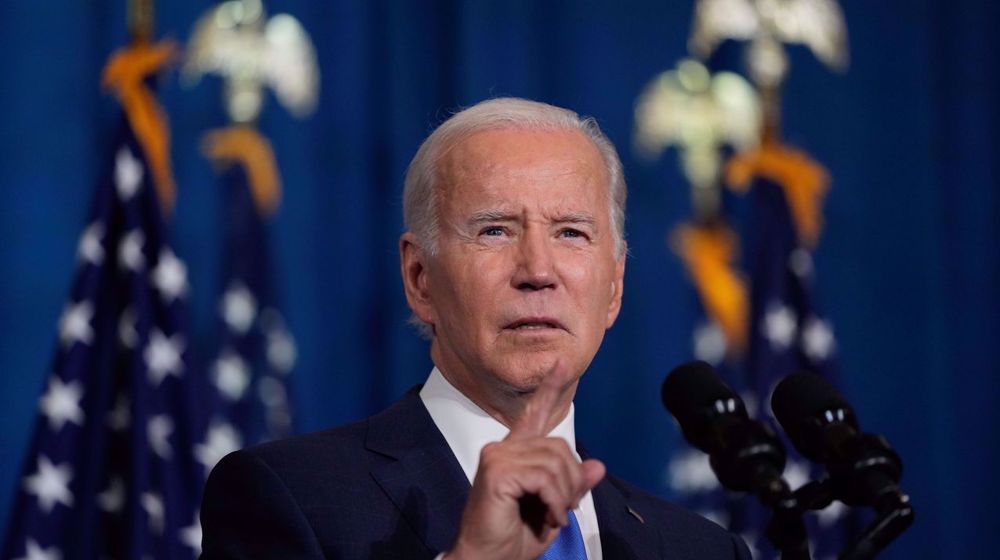
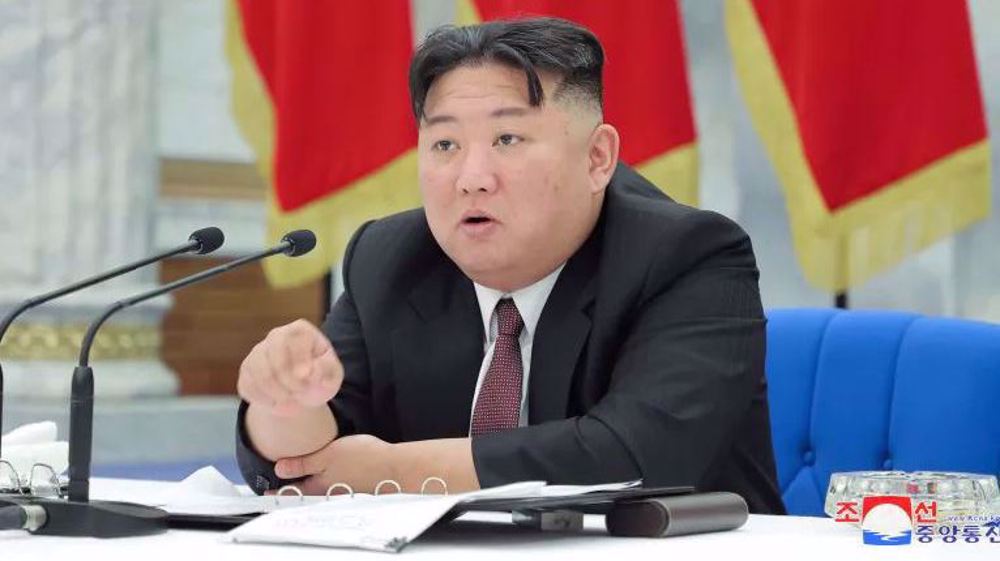
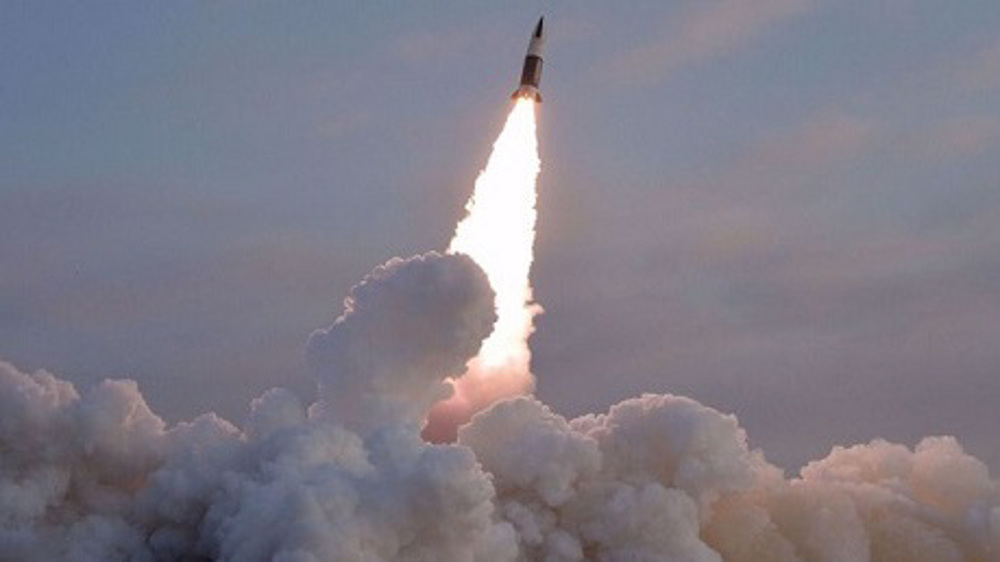
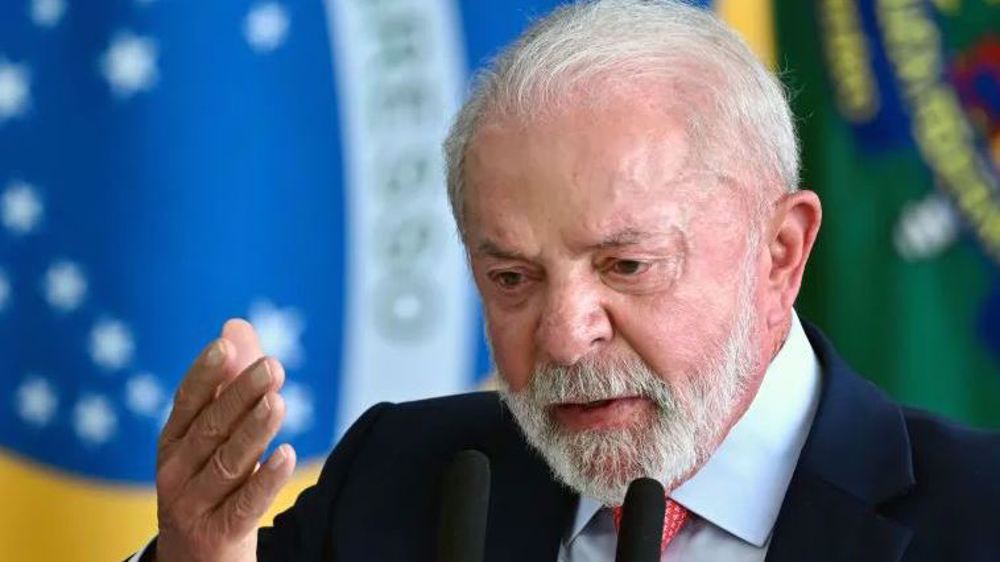
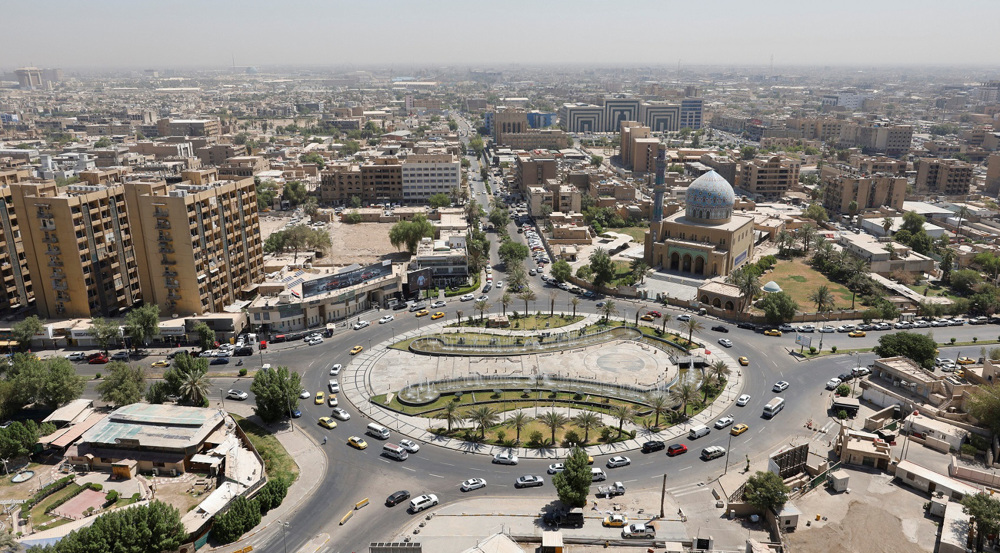





 This makes it easy to access the Press TV website
This makes it easy to access the Press TV website